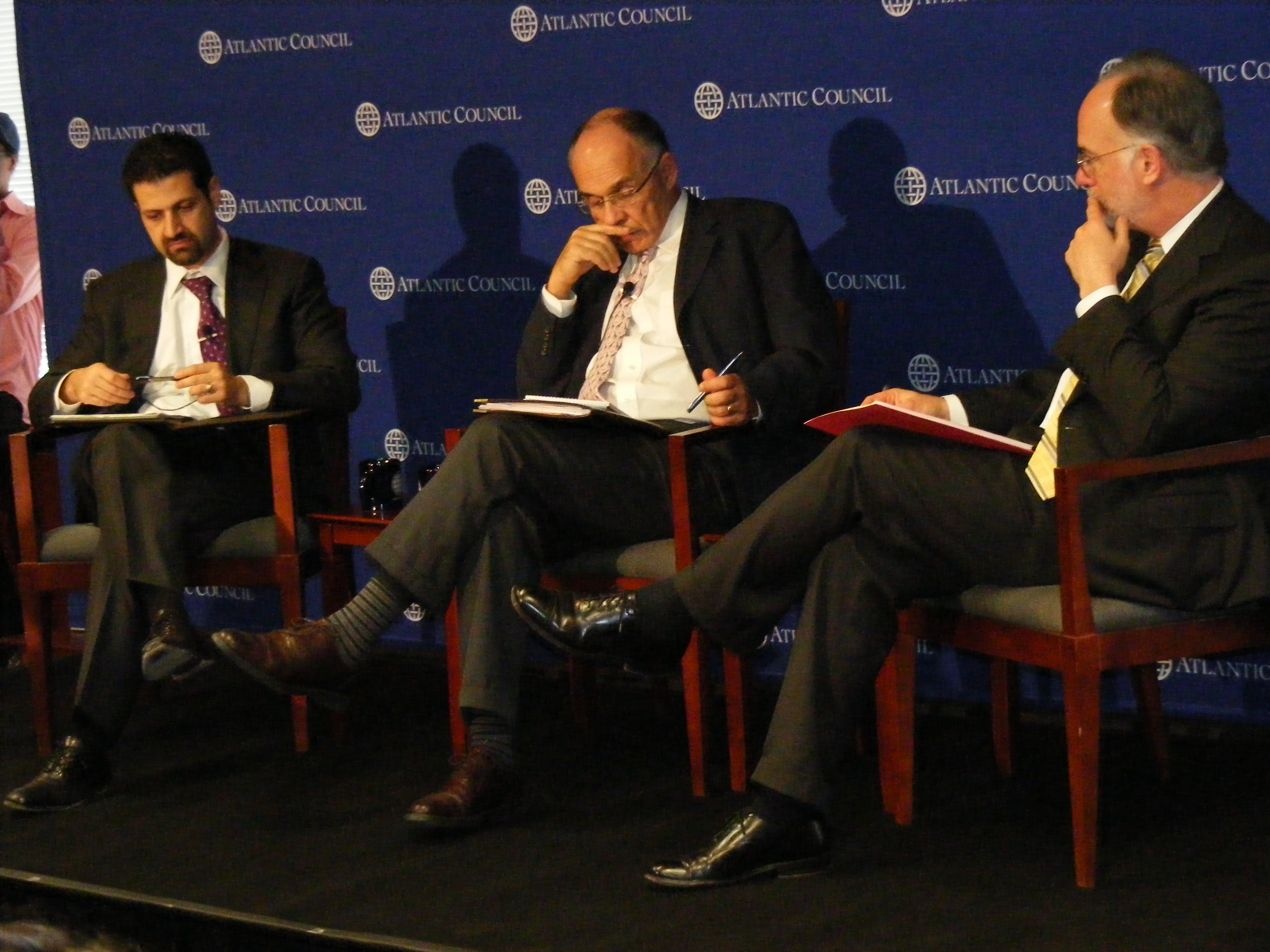*Please note that this event is not being held at MEI*
The Middle East Institute and the Atlantic Council are pleased to host Qubad Talabani and Henri Barkey for a discussion on Kurdish issues in the region. The Arab Spring has driven a wedge between Turkey and its once-close allies, Iran and Syria. Ankara's ties with Baghdad are strained, as well. Panelists will address the impact of external upheaval on Turkey's internal Kurdish issue and examine the situation in the context of Turkey's changing relationship with the Kurdistan Regional Government (KRG) of Iraq. Given the realities of the new regional dynamics, what are the prospects for Turkey's "Kurdish Opening?" What impact will increased bilateral Turkey-KRG cooperation have on the security situation? Our panelists will examine these questions and their domestic and regional implications for Turkey-KRG relations and the broader Kurdish question.
Henri Barkey is the Bernard L. and Bertha F. Cohen Professor at Lehigh University. He served as a member of the U.S. State Department Policy Planning Staff. Barkey has most recently co-authored with (Phebe Marr and Scott Lasensky) Iraq its Neighbors and the United States.
Qubad Talabani is the Representative of the Kurdistan Regional Government (KRG) to the United States. In this capacity, he works closely with the U.S. Government, the media and research institutions providing critical analysis and up-to-date information on Iraq and the Kurdistan Region. From 2001-2003, Mr. Talabani served as a Special Assistant to the Patriotic Union of Kurdistan (PUK) Representative in Washington, and later as the Deputy PUK Representative in Washington. Following the start of the Iraq war in 2003, Talabani became the Senior Foreign Relations officer for the PUK, operating mainly out of Baghdad and Sulaimania. There, he worked closely with the U.S-led Coalition Office of Reconstruction and Humanitarian Assistance (ORHA), and was the top liaison to the Coalition Provisional Authority (CPA). He was also a key negotiator in drafting the Transitional Administrative Law (TAL), Iraq's first post-Saddam constitution.












